CLOSE
Best Selling Products
Buy Online
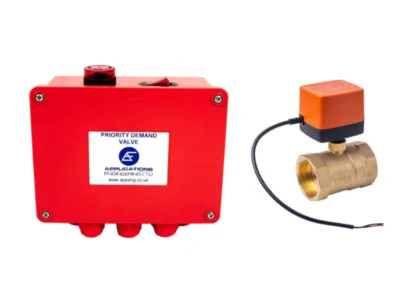
2021 Compliant Priority Demand Valve 15mm – 125mm
Model: AE-PDV21-2
From £130.48
Buy Online
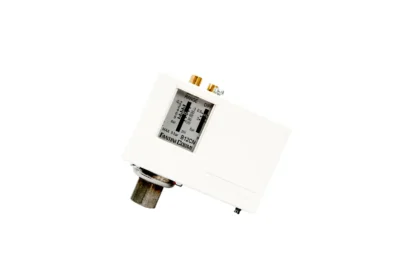
B12C/D/E – Stainless Steel Diaphragms and Scale Pressure Switch
Model: B12C/D/E
From £54.00
Buy Online
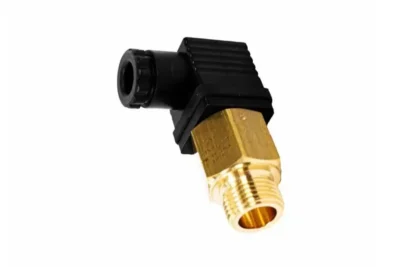
ATS – General Purpose Temperature Switch
Model: ATS
From £13.54
Buy Online
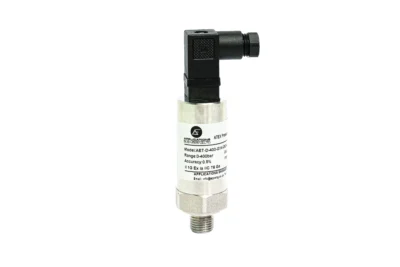
AET-D – ATEX Pressure Transducer
Model: AET-D
£75.00
Buy Online
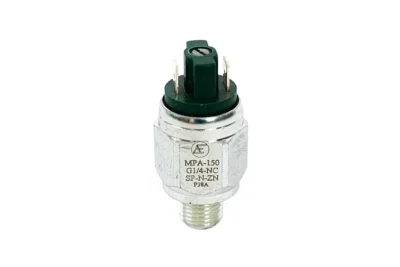
MPA – Adjustable SPST Pressure Switch
Model: MPA
From £15.30CLOSEMENU